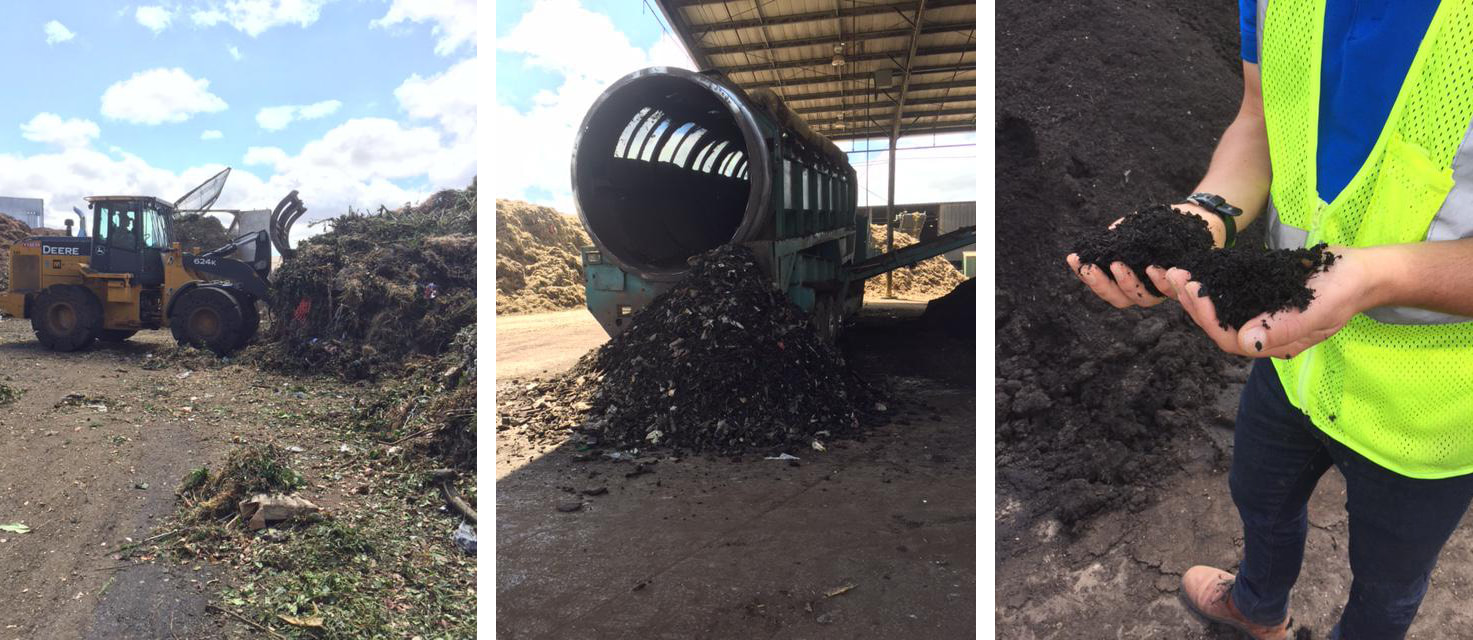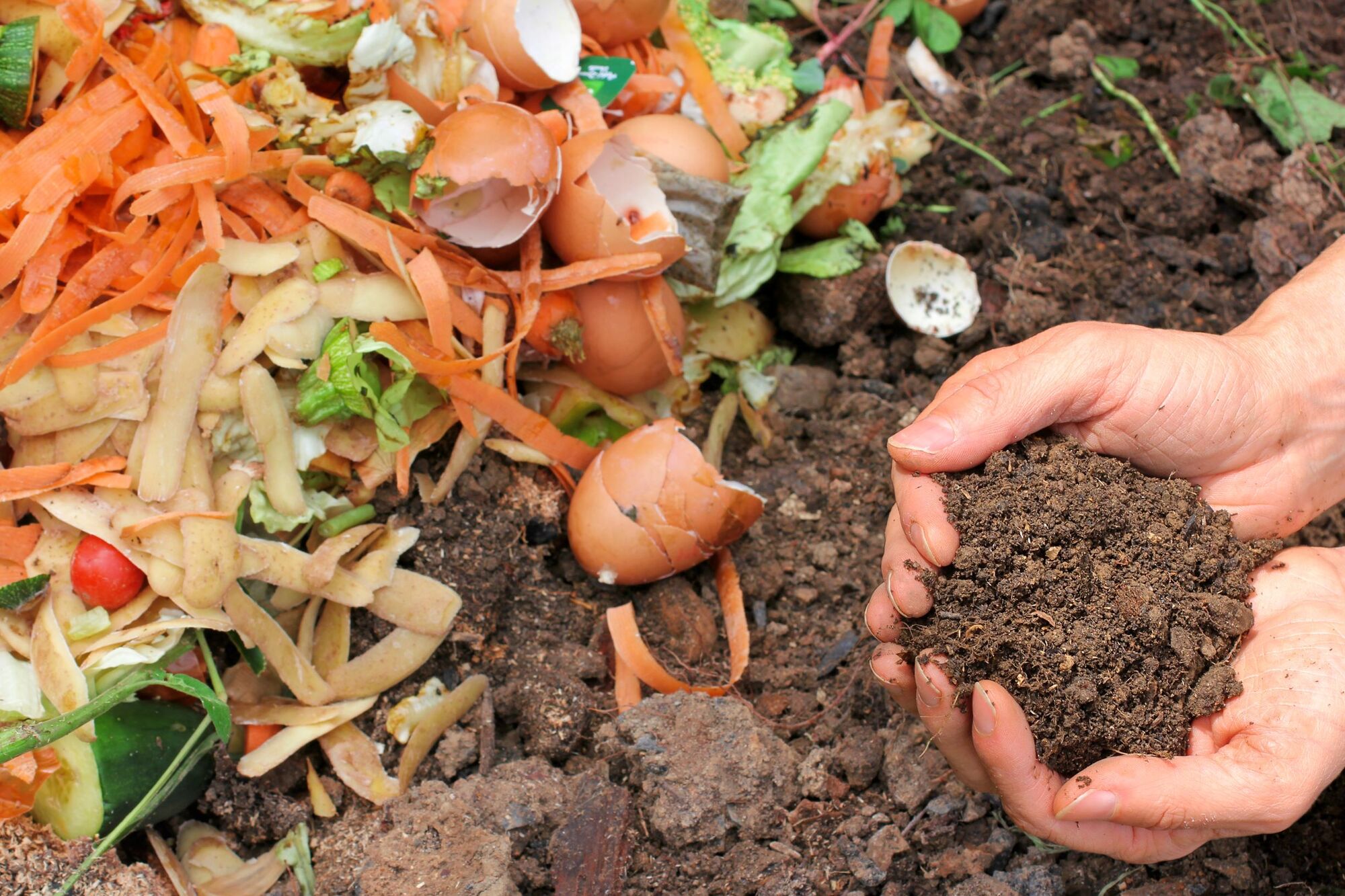World Centric Staff / 5 minute read
One of the greatest challenges facing compostable foodservice ware products is their lack of acceptance across commercial composting facilities in the U.S. and other countries.
|
Because composters won't accept certain products does not mean that the products are not compostable, but rather for a variety of reasons composters persist in denying certain compostable products. Below are some of the most common reasons compostable foodservice ware is rejected, and the actions you can take to advocate for more broad acceptance of compostable products.
|
Important points:
|
Reason 1: Bioplastics aren’t allowed in the United States Department of Agriculture (USDA) certified organic compost.
The United States Department of Agriculture’s National Organic Program (NOP) restricts the use of bioplastics as a component of organic compost, citing that it is “synthetic.” There is little basis for this clause. Even though the NOP precludes bioplastics, genetically modified food scraps and synthetic/artificial food ingredients (dyes, corn syrup, preservatives, synthetic sugars, etc.) are permissible. Compostable products provide as much value as yard trimmings or other carbon materials in making nutrient-rich compost. However, the fact remains that certified organic compost fetches a higher price than the US Compost Council’s Standard Testing Assurance certificated compost. The compostable foodservice ware’s trade organization, Biodegradable Products Institute (BPI), has worked on changing this regulation to reflect the composition and value more accurately, however has not been able to change the law as it stands.
The United States Department of Agriculture’s National Organic Program (NOP) restricts the use of bioplastics as a component of organic compost, citing that it is “synthetic.” There is little basis for this clause. Even though the NOP precludes bioplastics, genetically modified food scraps and synthetic/artificial food ingredients (dyes, corn syrup, preservatives, synthetic sugars, etc.) are permissible. Compostable products provide as much value as yard trimmings or other carbon materials in making nutrient-rich compost. However, the fact remains that certified organic compost fetches a higher price than the US Compost Council’s Standard Testing Assurance certificated compost. The compostable foodservice ware’s trade organization, Biodegradable Products Institute (BPI), has worked on changing this regulation to reflect the composition and value more accurately, however has not been able to change the law as it stands.
Reason 2: Compostable products can take longer to compost than desired.
Compostable foodservice ware has to comply with ASTM 6400 and 6868 standards for compostability, which state 90% disintegration to less than 2 mm in pieces within 84 days. Many composters are running much shorter compost cycles, resulting in partially disintegrated material. Composters can screen the compost from these short cycles and input the remaining product into the unfinished compost to solve this issue. Each composting facility has a slightly different system and ecosystem to contend with, which gives different results for the materials being composted. In some composting systems, 100% cellulosic fiber and common wood fiber paper may not even disintegrate within the timeframe, while the same materials compost within 30 days in a home composting system. This shows that the variability in composters’ processes is the issue rather than the materials themselves.
Compostable foodservice ware has to comply with ASTM 6400 and 6868 standards for compostability, which state 90% disintegration to less than 2 mm in pieces within 84 days. Many composters are running much shorter compost cycles, resulting in partially disintegrated material. Composters can screen the compost from these short cycles and input the remaining product into the unfinished compost to solve this issue. Each composting facility has a slightly different system and ecosystem to contend with, which gives different results for the materials being composted. In some composting systems, 100% cellulosic fiber and common wood fiber paper may not even disintegrate within the timeframe, while the same materials compost within 30 days in a home composting system. This shows that the variability in composters’ processes is the issue rather than the materials themselves.
Reason 3: Waste management can be a big business.
Some compost operations are part of the landfilling and recycling contracts given to large multinational corporations. These corporations have a greater drive for profit to satisfy their shareholders and corporate boards. Based on cost, composting efforts do cost more than landfilling. Citizen involvement in these contractual agreements can help include the composting of food waste and compostable products. Legislation, such as those that prevent food waste from entering the landfill, help localities automatically have composting operations as a part of waste management contracts. Currently, California, Connecticut, Massachusetts, Rhode Island, and Vermont have state-wide legislation requiring composting and the diversion of food waste from landfills. This legislation does not yet include compostable products, but mandated food waste composting is a step in the right direction.
Some compost operations are part of the landfilling and recycling contracts given to large multinational corporations. These corporations have a greater drive for profit to satisfy their shareholders and corporate boards. Based on cost, composting efforts do cost more than landfilling. Citizen involvement in these contractual agreements can help include the composting of food waste and compostable products. Legislation, such as those that prevent food waste from entering the landfill, help localities automatically have composting operations as a part of waste management contracts. Currently, California, Connecticut, Massachusetts, Rhode Island, and Vermont have state-wide legislation requiring composting and the diversion of food waste from landfills. This legislation does not yet include compostable products, but mandated food waste composting is a step in the right direction.
What you can do: Become a Composting Advocate in Your Community
Without citizen involvement, waste management in many communities could reject compostable foodservice ware. Citizens have a personal stake to ensure that the community is reducing the need for new landfill capacity by diverting food waste and compostable containers from the landfill and reducing greenhouse gas production from the inclusion of these materials. Compostable containers also increase the diversion of post-consumer food from landfills as they often contain food remnants and make it more likely that the consumer will divert waste to compost.
Click here for a template letter to send to local decision-makers (city/county/township boards or departments).
Without citizen involvement, waste management in many communities could reject compostable foodservice ware. Citizens have a personal stake to ensure that the community is reducing the need for new landfill capacity by diverting food waste and compostable containers from the landfill and reducing greenhouse gas production from the inclusion of these materials. Compostable containers also increase the diversion of post-consumer food from landfills as they often contain food remnants and make it more likely that the consumer will divert waste to compost.
Click here for a template letter to send to local decision-makers (city/county/township boards or departments).
Resources
Here are some US Compost Council resources about how to be an advocate in your community, workplace, and campus:
Here are some US Compost Council resources about how to be an advocate in your community, workplace, and campus:




